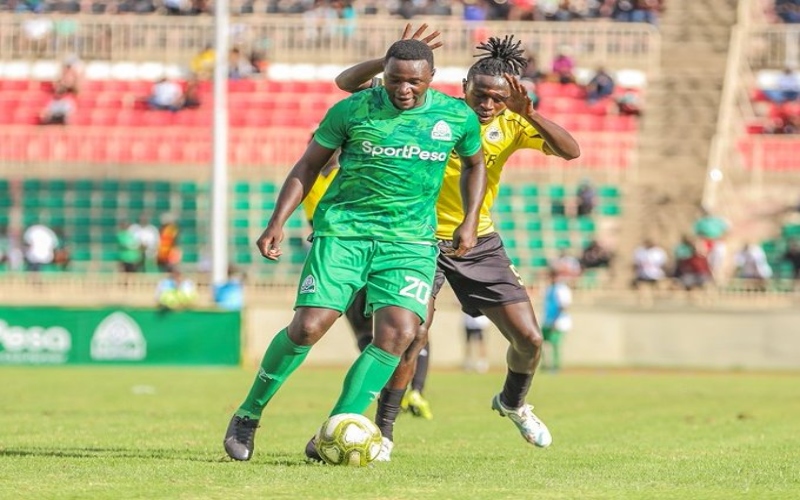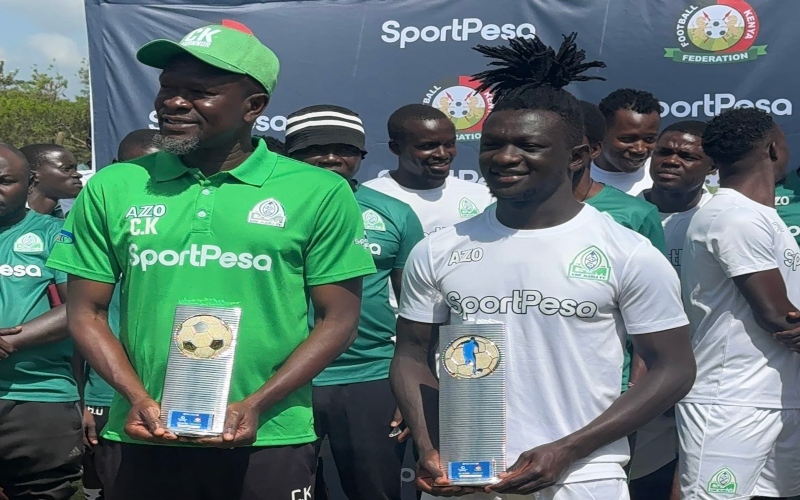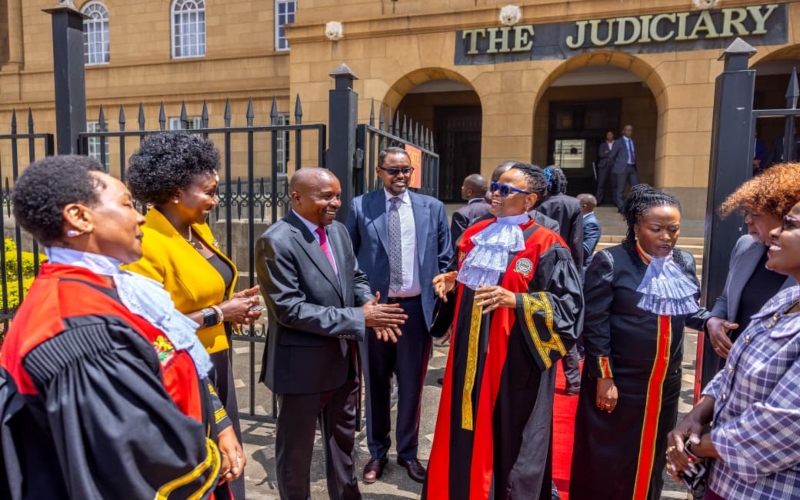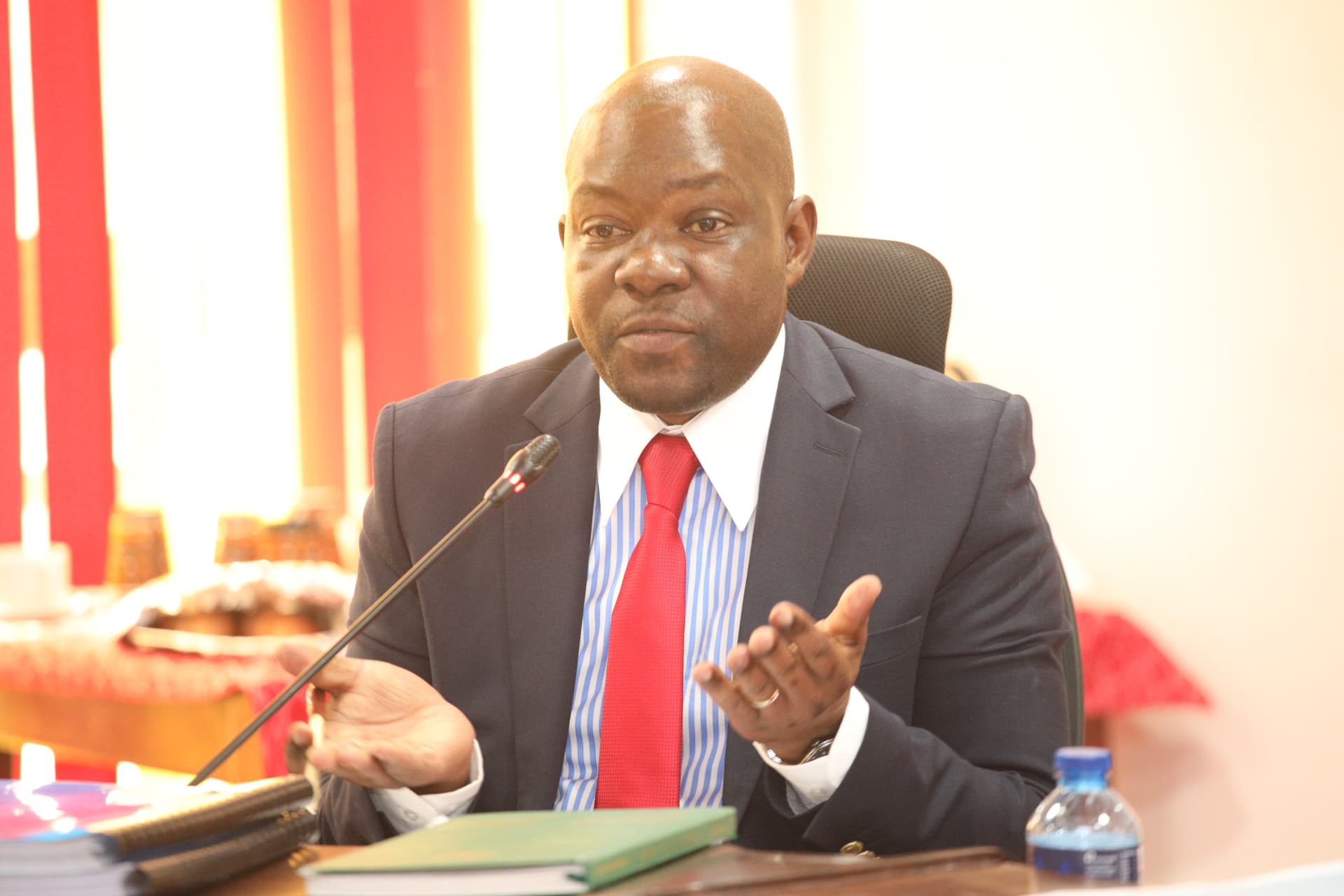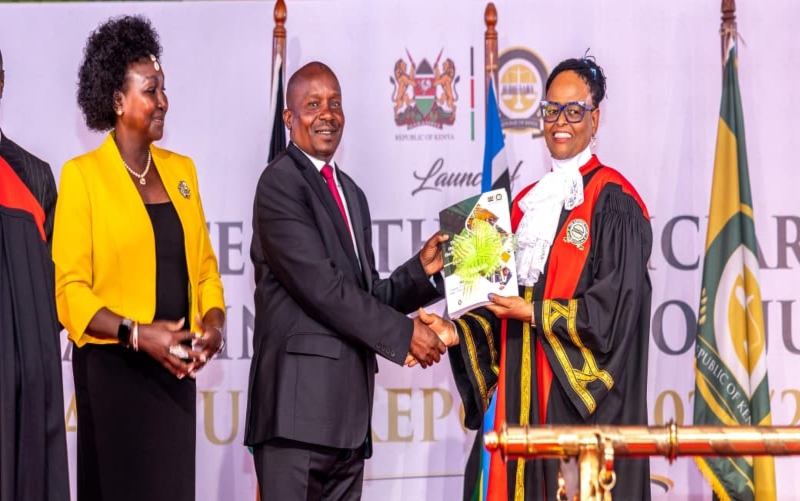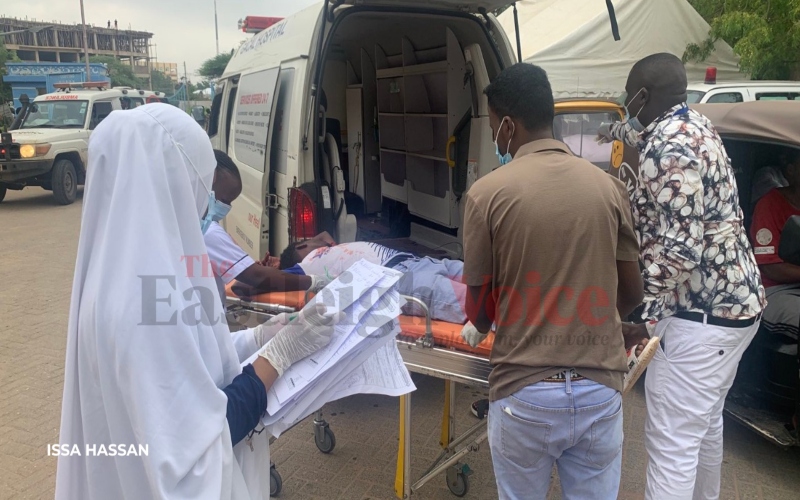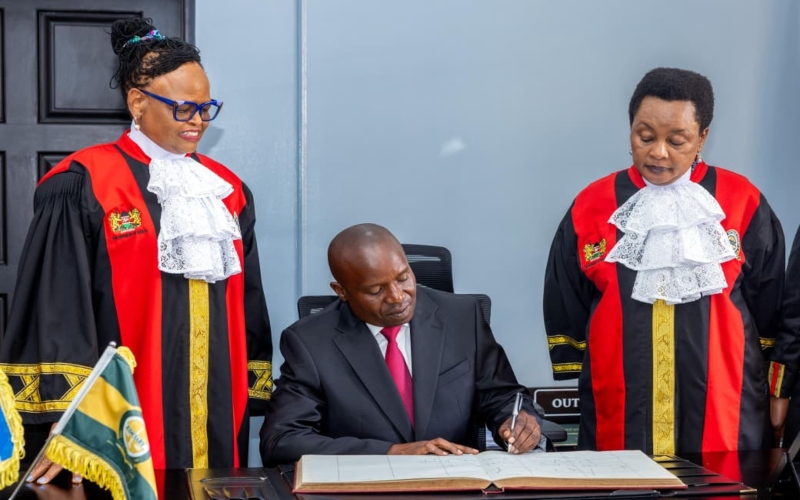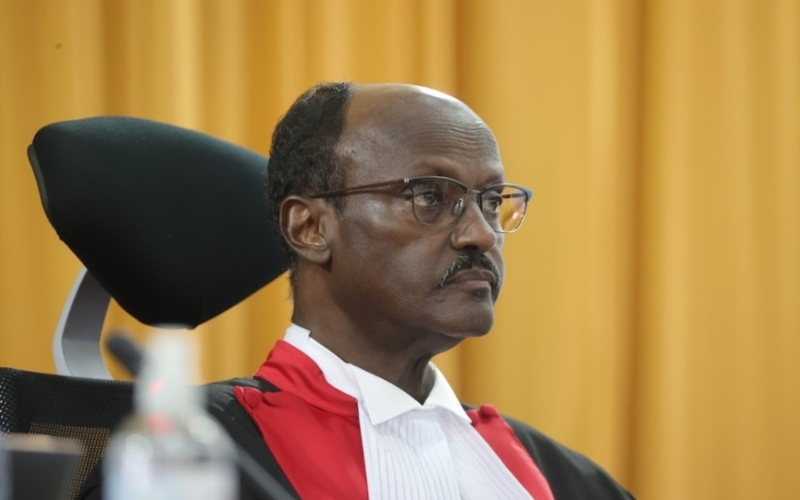Madagascar President appoints military general as prime minister amid mass protests
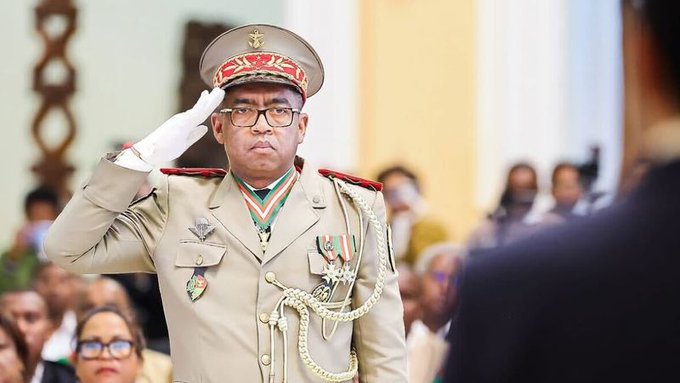
The Gen Z-led protests are now close to entering their third week, having erupted on September 25, with the movement behind the social media campaigns repeating calls for Rajoelina to resign.
Madagascar's President Andry Rajoelina has appointed Army General Ruphin Fortunat Zafisambo as prime minister in an effort to quell violent anti-government protests over power and water shortages, just a week after dissolving his Cabinet in response to the same unrest.
Rajoelina made the appointment on Monday, tasking Zafisambo with succeeding Christian Ntsay, who was relieved of duties alongside other Cabinet members as part of the president's first move to address the "Gen-Z"-inspired mass protests organised via social media.
More To Read
- Gen Z protests in Kenya: Key facts (2024-2025)
- UN human rights experts visit Kenya privately amid concerns over crackdowns, civic freedoms
- Kigame seeks court nod for private prosecutions over 2024–2025 protest abuses
- Ruto defends ‘shoot-to-leg’ order amid outcry, cites public safety
- Police to deploy senior investigators as Rex Masai inquest uncovers new witnesses
- Morocco charges 2,480 in Gen-Z protests over poor governance, health and education
"With wisdom, I have decided to appoint Zafisambo, divisional general, as prime minister of the government," said Rajoelina from the presidential palace in Antananarivo.
"The new premier should serve the people and be someone clean, with integrity, and who works quickly."
The Gen Z-led protests are now close to entering their third week, having erupted on September 25, with the movement behind the social media campaigns repeating calls for Rajoelina to resign.
"As long as Andry Rajoelina remains in power, we will continue to fight," the group said on social media.
On Monday, the 12th day of the protests, university students and residents gathered near the University of Ankatso on the outskirts of the capital and marched toward the city centre.
Reports indicate that they were stopped by a security barricade, and clashes erupted during the afternoon, leaving at least one young man injured and taken to the main hospital.
"There are about 120 hours of power cuts per week where I live. We are protesting for everyone's sake. The president is not listening to the anger of the people at the bottom. He always does what he wants," 21-year-old protester Tommy Fanomezantsoa told AFP.
According to a United Nations (UN) statement last week, at least 22 people have been killed in the protests and more than 100 wounded.
Despite its natural wealth, Madagascar is one of the world's poorest countries. In 2022, the World Bank said that about 75 per cent of the population lived below the national poverty line, with poverty higher in rural areas (80 per cent) than in cities (55 per cent).
Low farm productivity, poor infrastructure and limited access to education and healthcare have kept the country poor and contributed to growing public frustration.
"The evidence on the drivers of urban and rural poverty points to systemic barriers to increasing labour and investment returns. This traps the country in a low equilibrium of insufficient infrastructure and human capital to sustain private sector growth and employment creation," the World Bank said then.
"Poverty cannot fall sustainably unless there is a new equilibrium that fosters broad-based and sustained growth. This includes more private sector competition, a favourable business climate, improved connectivity, energy provision, and access to digital services."
Top Stories Today

